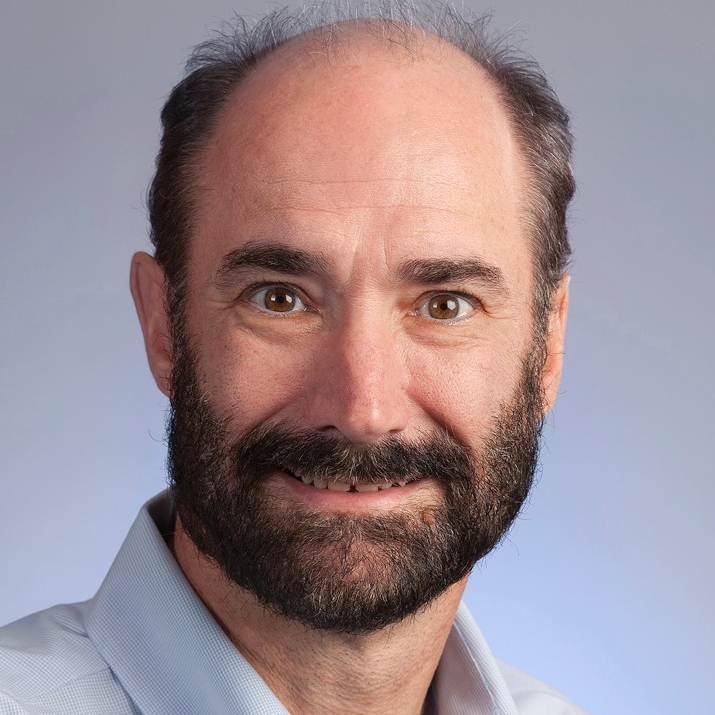Speaker Claims Genomics Will Improve Healthcare
Using himself as a case study, Michael Snyder of Stanford University explained at a recent Clarke Forum lecture that genomics in medicine are useful in understanding personal disease states. He also asserted that genomics help with cancer treatment, treatment of mystery diseases, prenatal diagnostics and personal genomics.
Snyder explained how monitoring his personal health and collecting data helped him in his recovery when he was diagnosed with Type 2 diabetes in 2011. Snyder said he would monitor his healthy state every two to three months in order to update his control factor. Then, when adverse events came along, such as illnesses, accidents and unhealthy eating habits, dense profiling occurred. He took many samples from these negative health events in order to determine how to return to a healthier state.
Snyder also explained that because cancer is a genetic disease, cancer genome sequencing can be used to observe the ten to twenty cancer driver mutations in a patient’s DNA. Sequencing genomes in both normal and cancer tissues can help find genetic changes and suggest possible therapies.
Shahar Broitman ’21 thought that looking into monitoring and longitudinal data to help diabetes was very interesting, but she wished Snyder had talked more about insurance policies and public accessibility “because that’s a major concern… especially living in the United States, where we have to take that into our own hands.”
Snyder also admitted that the new technology would initially only be available to higher socioeconomic populations, but that the cost of personal genome sequencing would decrease over time as it becomes more publicly integrated. At the moment, genome sequencing costs $850, but will decrease to $500 by the start of the new year. He also insisted that current popular “wearables,” such as FitBits, will be useful for individuals to manage and understand their personal health.
Olin Rhoads ’21 thought the presentation was, occasionally, a little too scientific for the audience, but maintained Snyder was very accessible and well-versed on his research. “There were some great questions at the end, touching on some things that he didn’t necessarily cover…but he definitely knew what he was talking about and didn’t just ignore the negatives.”
Gabi McGinty ’21 wished that Snyder would have discussed fetal testing and “how mapping your genome might have an effect on what people might do in terms of population control and the overall gene pool.” Overall, however, McGinty thought Snyder’s talk was very informative, especially in learning how genomic testing could be used to prevent cancer and cure diseases. Snyder’s presentation, “Using Your Genome and Big Data to Manage Your Health,” Tuesday, Nov.28 closed this semester’s Clarke Forum series on Big Data.






